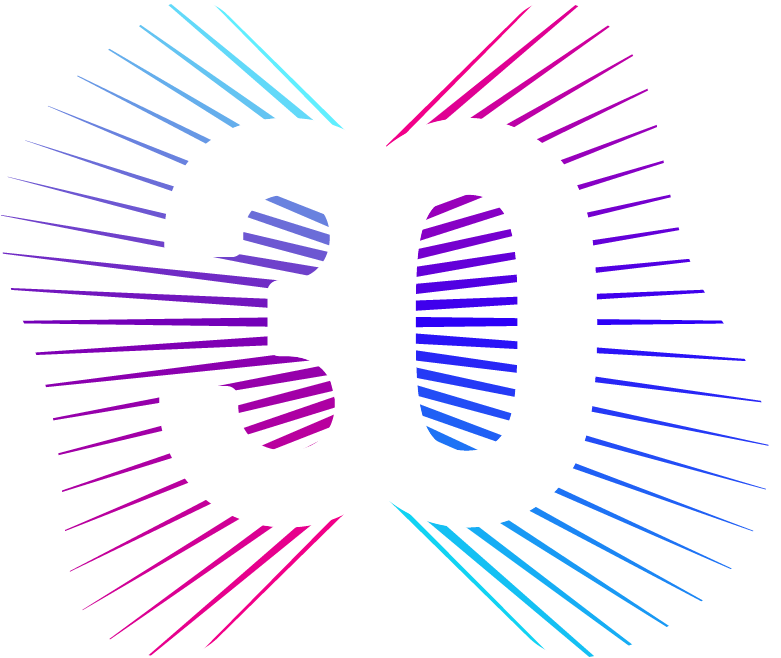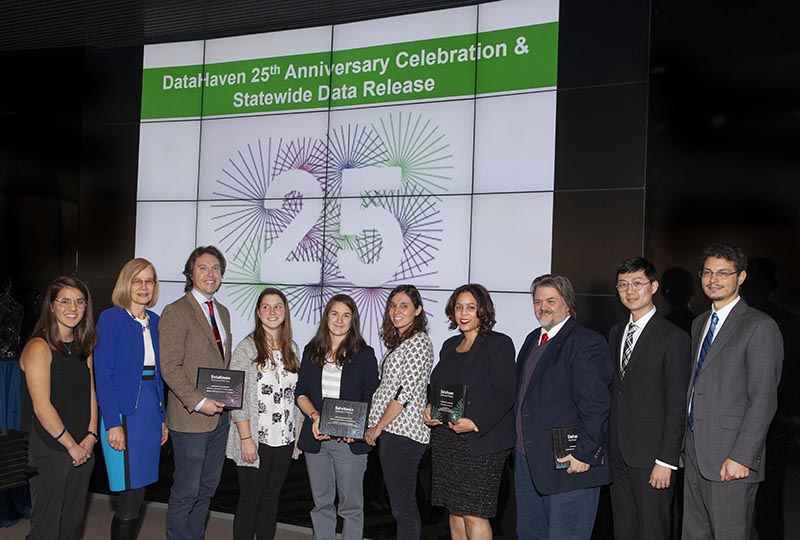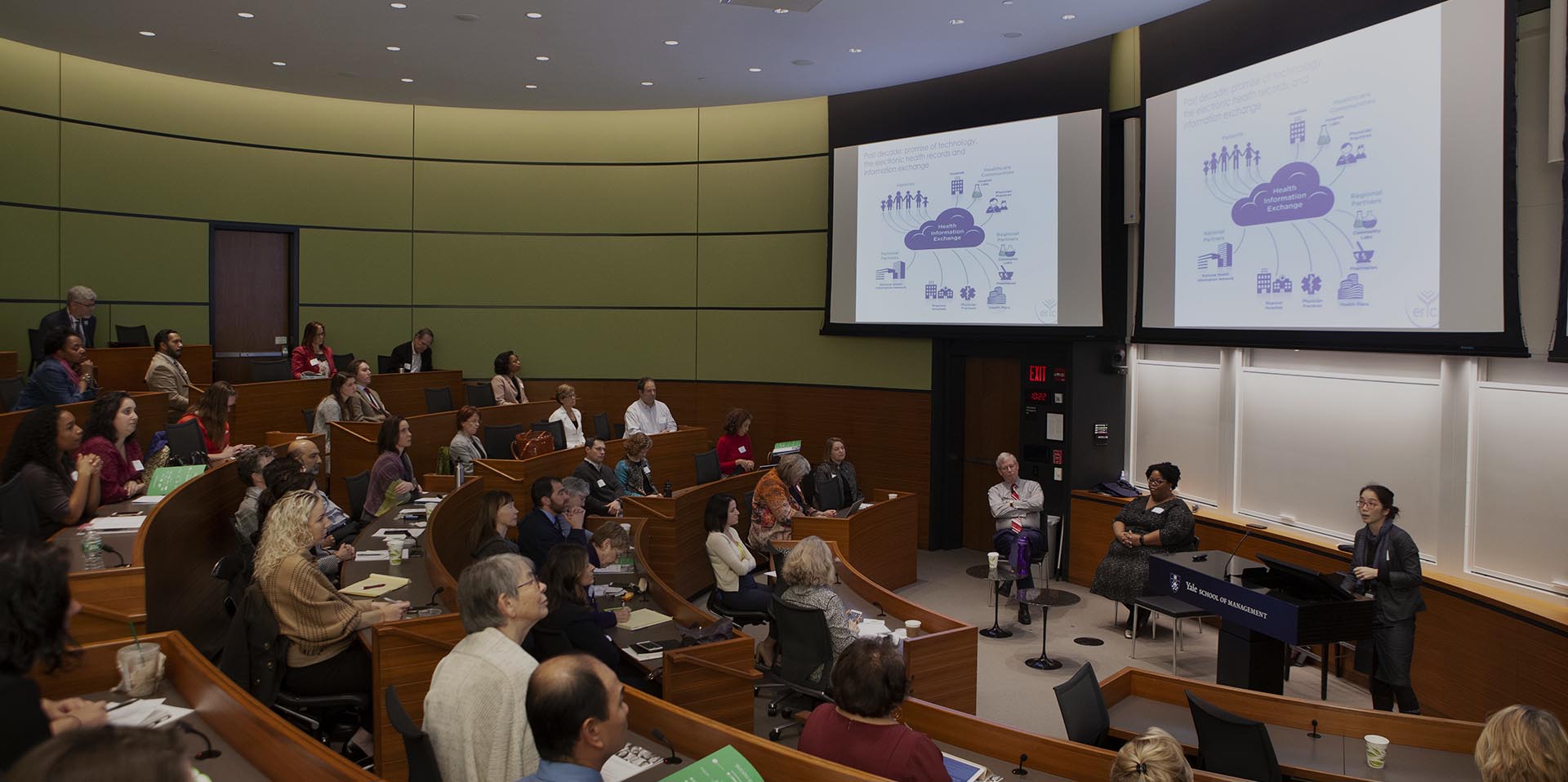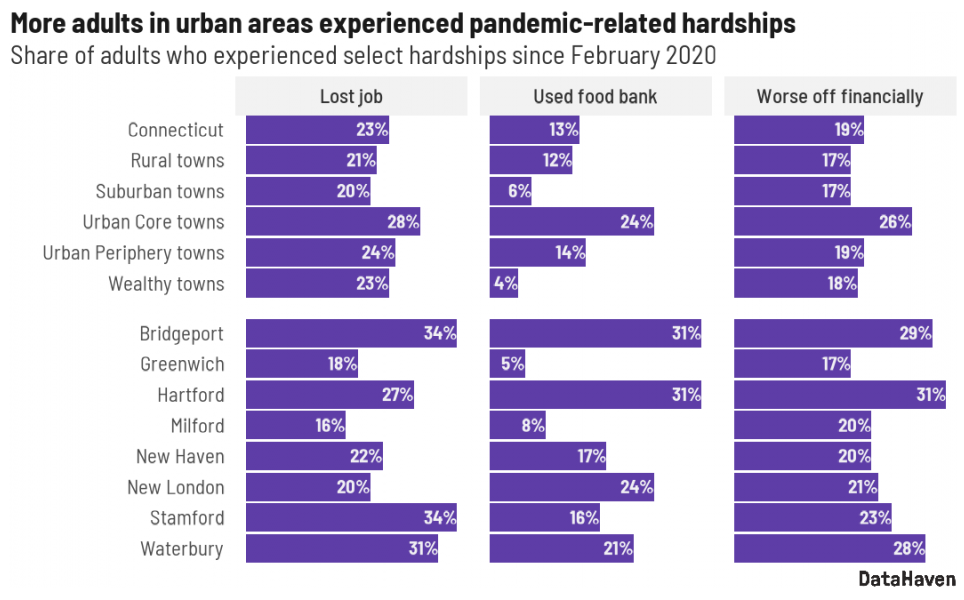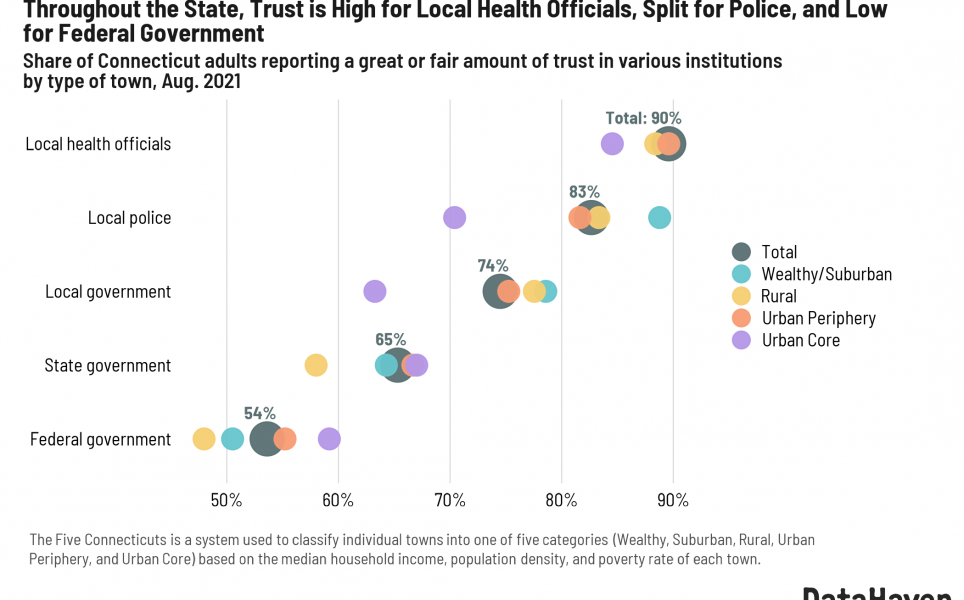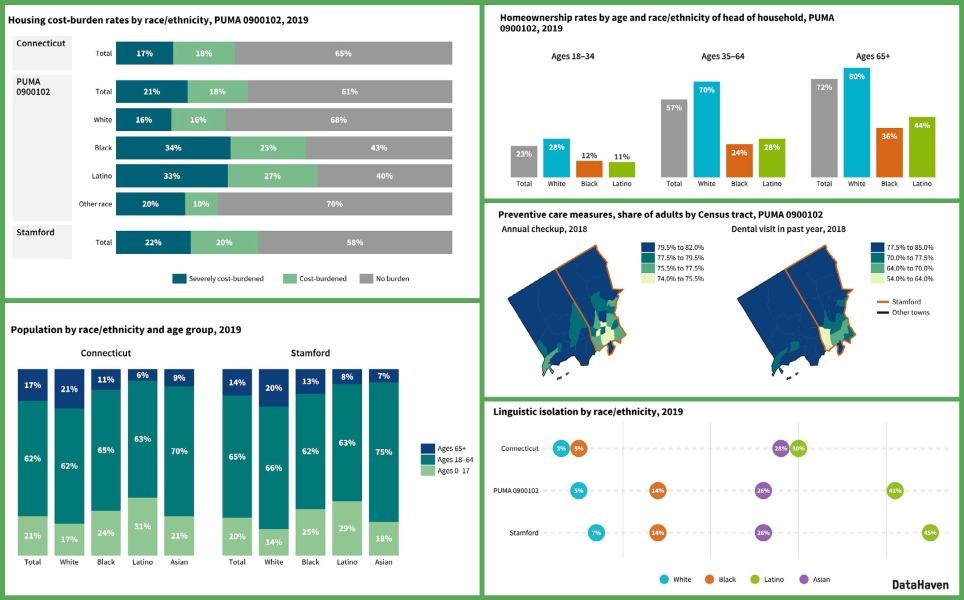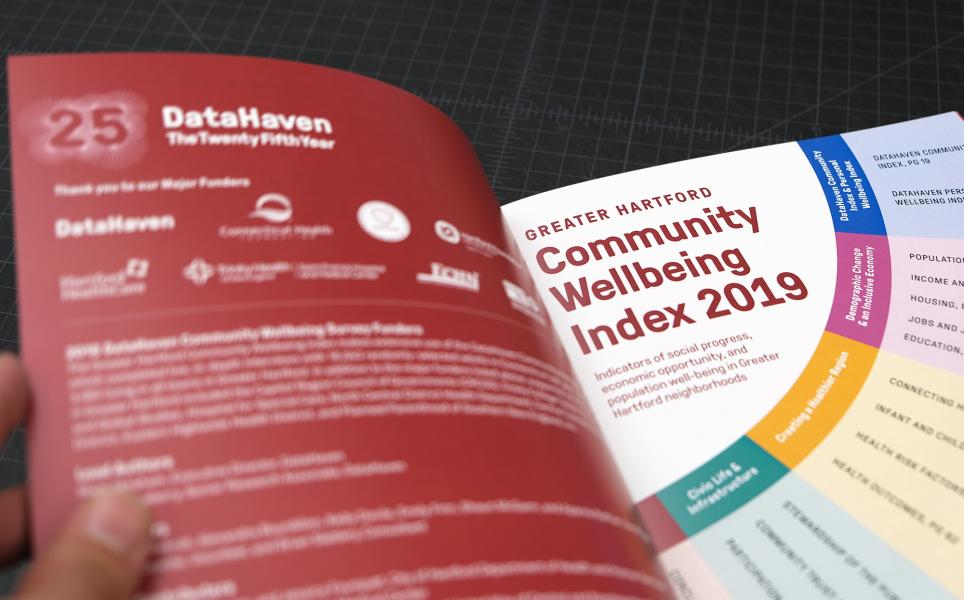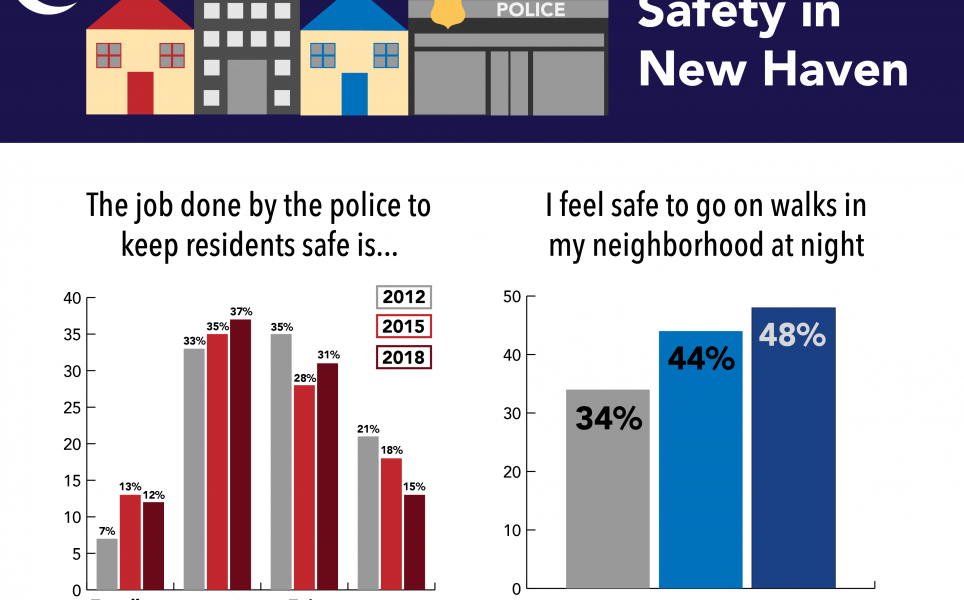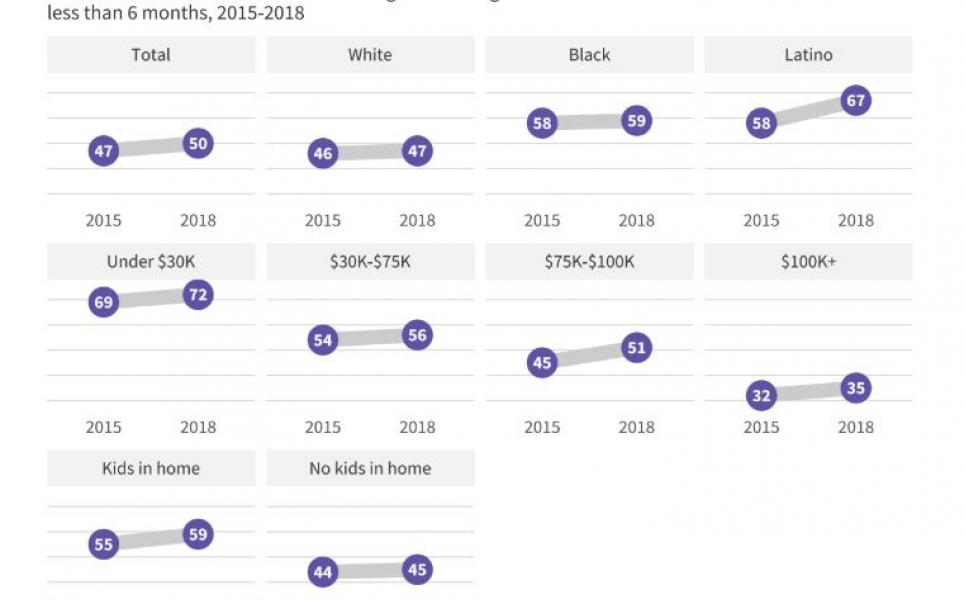November 19, 2018
New Haven, CT – DataHaven celebrated 25 years of collecting, sharing, and interpreting public data for effective decision-making at a sold-out Celebration and Statewide Data Release at Yale School of Management, held on Monday, November 19, 2018. The event was attended by over 170 leaders, partners, and community stakeholders from throughout Connecticut. Additional information is available in the DataHaven 25th Anniversary report.
"Twenty-five years ago, a small group of forward-looking ‘data geeks’ came together around the shared belief that public data could be used to better understand and address the issues facing their community," notes DataHaven Board Chair Penny Canny. "Data has become a precious resource – as valuable as oil or gold in the past."
The event featured:
Welcome
- New Haven Mayor Toni Harp
- Kathryn Pettit, Urban Institute
Keynote: Geospatial Data is Everywhere (Literally!): Novel Data Sources to Study the Impact of Neighborhoods on Health
- Dustin T. Duncan, ScD, NYU’s Spatial Epidemiology Lab
Emergence of Statewide Data Sharing and Analytics
- Allan Hackney, CISM, CRISC, Connecticut Office of Health Strategy
- Karen Wang, MD, MHS, Yale School of Medicine
- Tekisha Everette, PhD, Health Equity Solutions
The 2020 Census
- Terri Ann Lowenthal, Former Staff Director, House Subcommittee on Census and Population
- Jeff T. Behler, New York Regional Director, U.S. Census Bureau
- Ana-Maria Garcia, Data Dissemination Specialist, U.S. Census Bureau
DataHaven Innovation Awards
- Sue Murphy, Liberty Bank Foundation
Statewide Data Release
- Dr. Don Levy, Siena College Research Institute
- Mark Abraham, DataHaven
The day included a keynote address, two breakout sessions, presentation of the inaugural DataHaven Innovation Awards, and the release of data collected as part of DataHaven’s comprehensive statewide Community Wellbeing Survey.
“We are delighted that the City of New Haven, Yale University, Yale New Haven Hospital and The Community Foundation for Greater New Haven – our original underwriters 25 years ago – are serving as presenting sponsors for this milestone anniversary. They were there in the beginning – asking how our neighbors were doing – and they remain committed to the well-being of our local communities,” notes Canny.
Statewide Community Wellbeing Survey
Two and a half decades ago, a group of visionaries in New Haven, CT began a hyperlocal survey effort to find out how their neighbors were faring, block by block. Their effort has grown into programs like the DataHaven Community Wellbeing Survey, supported by close to 100 public and private funders, with interviews of 17,000 respondents, living in every zip code in Connecticut. The 20-minute survey involves landline and cell phone calls to randomly selected participants across Connecticut, who answer questions about their well-being. The survey provides a detailed, neighborhood-level picture of how people are faring in key areas such as health, education, civic engagement and economic opportunity.
“We believe that data is a powerful force, uniting our state and helping make life better in Connecticut communities,” says Abraham. “Our statewide survey provides neighborhood-level data, so that programs and resources can be deployed to change lives for the better. Our goal is still to make life better for our neighbors.” “The purpose of the DataHaven Community Wellbeing Survey is to produce the highest-quality, neighborhood-level information on issues that are most meaningful to local residents,” says Abraham. It is unique in its scope, depth and partnerships.
“I am not aware of any other state who has created a statewide survey of this magnitude,” notes Dr. Don Levy of Siena College Research Institute, the organization doing the polling. “Working with DataHaven, we have developed the largest dataset of its kind.”
The Wellbeing Survey is supported by more than 100 local government, healthcare, academic and community partners, making it an extraordinary partnership to effect change. “One of the key aspects of the survey is that we are all working from the same data – we are united by data. When nonprofits, governments, funders and the community agree on the issues, we are more likely to find solutions and more likely to increase our community’s wellbeing,” remarks Abraham.
DataHaven Innovation Awards
“As part of DataHaven’s 25th Anniversary, we are proud to highlight the creativity and ingenuity of those who employ data to make Connecticut a better place,” notes Abraham. The inaugural DataHaven Innovation Awards were presented by Liberty Bank Foundation and recognize organizations, groups and individuals who have demonstrated the ability to use data to improve the well-being of Connecticut communities.
- Ms. Carolyn Streets, a 7th Grade Language Arts teacher at West Haven’s Engineering & Science University Magnet School, was awarded the Data in Education Award (K-12 Level) for her action research which utilized DataHaven local datasets and developed a new instructional strategy teaching the nuances of STEM-specific words to boost student reading comprehension.
- The UConn Natural Resources Conservation Academy’s “Conservation Training Partnerships Program” was awarded the Data in Education Award (University and Graduate Level) for their innovative program that pairs teen and adult community volunteers and empowers them with geospatial data analysis, mapping, and web-based tools so they can complete a local conservation project of their choosing.
- New Haven Promise was awarded the Data for Community Impact Award (Small Organization) for their tremendous success in using innovative data systems to help students and families meet high-impact college and career goals.
- The Quality Analytics & Research Department at Clifford Beers was awarded the Data for Community Impact Ward (Large Organization) for their remarkable progress in addressing exposure to Adverse Childhood Experiences (ACES) through data analysis and community engagement, improving the lives of New Haven children and families.
Presenters
The event featured presentations from a number of notable thought leaders. Dr. Dustin Duncan, an Associate Professor in the Department of Population Health at NYU School of Medicine and Director of the University’s Spatial Epidemiology Lab, provided the keynote address discussing the use of novel geospatial data sources to study the impact of neighborhoods on health. Subsequently, two breakout sessions featuring prominent experts provided important and timely insight regarding the upcoming 2020 Census, and the burgeoning data sharing and analytics efforts being undertaken in Connecticut as a statewide Health Information Exchange is developed. The day concluded with a presentation of new data from DataHaven’s 2018 Community Wellbeing Survey, led by Executive Director Mark Abraham and Dr. Don Levy of the Siena College Research Institute.
